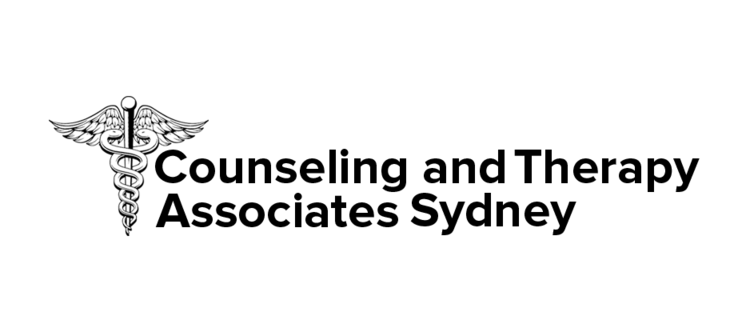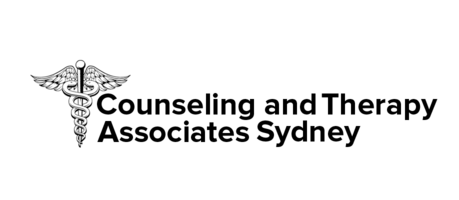Almost everybody has an idea of what an addict looks like. For some people the image that is conjured up consists of a homeless person clutching a brown paper bag, for others it is the messy guy at the end of the bar railing against the injustices of life. For addicts who have not dealt with their condition, it is anyone who uses more then them.
Drug Addiction can take many forms including legal drugs (such as alcohol, nicotine and caffeine), street drugs (such as cocaine, marijuana, methamphetamine, heroin, ice, ecstasy, GHB, LSD, etc), and prescription drugs (such as the OxyContin Vicodin, Valium, Xanax, Ritalin and Adderall).
However addiction is not limited to the use of drugs and alcohol. Behaviours such as sex, surfing the net, gambling, exercise, working, viewing pornography, eating, shopping and falling in love can also become addictions. Although sometimes more socially acceptable, these addictions can have an equally destructive affect on a person life.
Almost every person who becomes addicted to something was at one time able to use the object of addiction in a ‘normal’ way. Once that individual crosses the threshold of addiction, the nature of use takes on a self-serving function – ie. they use because they use – there does not appear to be any reason behind it.
The two main approaches to dealing with substance abuse and addiction are: 1. Harm Minimisation (which attempts to develop a healthier relationship to the substance without completely removing it form the individuals life). Many people have tried their own form of harm minimisation before they seek help. 2. Abstinence (for those individuals who have tried harm minimization and are unable to sustain a healthy amount of use).
In order to contain the purely addictive component of the use, behavioural strategies need to first be implemented. This involves accessing appropriate levels of support, cleaning up the environment in which the person exists to reduce the amount of triggers they are exposed to, and restructuring the individual’s lifestyle to support a healthier way of living.
Once this is achieved, the treatment then attempts to uncover some of the influences that may have pushed the individual towards their addiction in the first place. Is there an underlying condition such as anxiety or depression? Are there traumas of the past to attend to? How does the individual deal with their emotional world? Are current or past relationships a contributing factor?
By honestly answering the below questions, you should be able to get an idea as to whether you need to seek assistance for dealing with your substance use.
- 1. Have you ever decided to stop your substance use for a set period of time, but were unable to last that long?
- 2. Do you wish people would mind their own business about your substance use?
- 3. Have you ever switched from one kind of substance to another due to your concerns about your use?
- 4. Have you had to have an eye-opener upon awakening during the past year?
- 5. Do you envy people who can use your desired substance without getting into trouble?
- 6. Have you had health, relationship, legal or work-related problems connected with substance use during the past year?
- 7. Has your substance use caused trouble at home?
- 8. Do you ever try to consume your substance more quickly as you know you are running out of time before you have to stop?
- 9. Do you tell yourself you can stop your substance use at any time you want to, even though you keep using it when you don’t mean to?
- 10. Have you missed days of work or school because of your substance use?
- 11. Do you have ‘blackouts’, when you can’t remember hours or days while under the influence of your desired substance?
- 12. Have you ever felt that your life would be better if you did not use?
If you answered YES to four or more of the above questions, you should seek professional assistance to determine the nature and extent of your substance use. At Counselling & Therapy Associates, we have a range of treatments for substance abuse. To book a session, simply click here.


